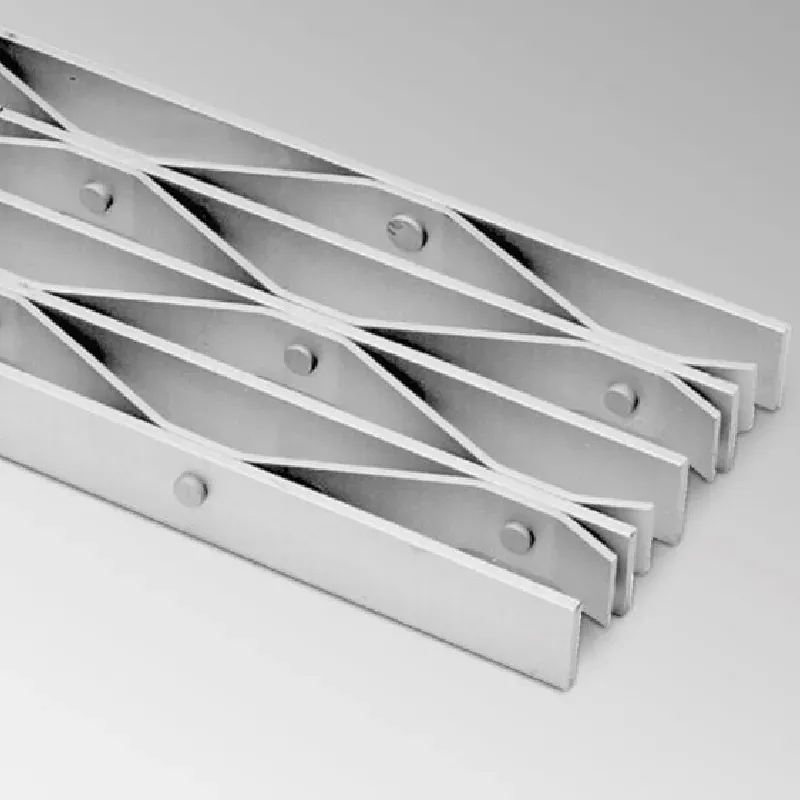- Industrial zone, South of Anping Town, Hengshui, Hebei, China.
- sales@hfpetromesh.com
- +86-18931809706
 Afrikaans
Afrikaans  Albanian
Albanian  Amharic
Amharic  Arabic
Arabic  Armenian
Armenian  Azerbaijani
Azerbaijani  Basque
Basque  Belarusian
Belarusian  Bengali
Bengali  Bosnian
Bosnian  Bulgarian
Bulgarian  Catalan
Catalan  Cebuano
Cebuano  Corsican
Corsican  Croatian
Croatian  Czech
Czech  Danish
Danish  Dutch
Dutch  English
English  Esperanto
Esperanto  Estonian
Estonian  Finnish
Finnish  French
French  Frisian
Frisian  Galician
Galician  Georgian
Georgian  German
German  Greek
Greek  Gujarati
Gujarati  Haitian Creole
Haitian Creole  hausa
hausa  hawaiian
hawaiian  Hebrew
Hebrew  Hindi
Hindi  Miao
Miao  Hungarian
Hungarian  Icelandic
Icelandic  igbo
igbo  Indonesian
Indonesian  irish
irish  Italian
Italian  Japanese
Japanese  Javanese
Javanese  Kannada
Kannada  kazakh
kazakh  Khmer
Khmer  Rwandese
Rwandese  Korean
Korean  Kurdish
Kurdish  Kyrgyz
Kyrgyz  Lao
Lao  Latin
Latin  Latvian
Latvian  Lithuanian
Lithuanian  Luxembourgish
Luxembourgish  Macedonian
Macedonian  Malgashi
Malgashi  Malay
Malay  Malayalam
Malayalam  Maltese
Maltese  Maori
Maori  Marathi
Marathi  Mongolian
Mongolian  Myanmar
Myanmar  Nepali
Nepali  Norwegian
Norwegian  Norwegian
Norwegian  Occitan
Occitan  Pashto
Pashto  Persian
Persian  Polish
Polish  Portuguese
Portuguese  Punjabi
Punjabi  Romanian
Romanian  Russian
Russian  Samoan
Samoan  Scottish Gaelic
Scottish Gaelic  Serbian
Serbian  Sesotho
Sesotho  Shona
Shona  Sindhi
Sindhi  Sinhala
Sinhala  Slovak
Slovak  Slovenian
Slovenian  Somali
Somali  Spanish
Spanish  Sundanese
Sundanese  Swahili
Swahili  Swedish
Swedish  Tagalog
Tagalog  Tajik
Tajik  Tamil
Tamil  Tatar
Tatar  Telugu
Telugu  Thai
Thai  Turkish
Turkish  Turkmen
Turkmen  Ukrainian
Ukrainian  Urdu
Urdu  Uighur
Uighur  Uzbek
Uzbek  Vietnamese
Vietnamese  Welsh
Welsh  Bantu
Bantu  Yiddish
Yiddish  Yoruba
Yoruba  Zulu
Zulu
- Afrikaans
- Albanian
- Amharic
- Arabic
- Armenian
- Azerbaijani
- Basque
- Belarusian
- Bengali
- Bosnian
- Bulgarian
- Catalan
- Cebuano
- Corsican
- Croatian
- Czech
- Danish
- Dutch
- English
- Esperanto
- Estonian
- Finnish
- French
- Frisian
- Galician
- Georgian
- German
- Greek
- Gujarati
- Haitian Creole
- hausa
- hawaiian
- Hebrew
- Hindi
- Miao
- Hungarian
- Icelandic
- igbo
- Indonesian
- irish
- Italian
- Japanese
- Javanese
- Kannada
- kazakh
- Khmer
- Rwandese
- Korean
- Kurdish
- Kyrgyz
- Lao
- Latin
- Latvian
- Lithuanian
- Luxembourgish
- Macedonian
- Malgashi
- Malay
- Malayalam
- Maltese
- Maori
- Marathi
- Mongolian
- Myanmar
- Nepali
- Norwegian
- Norwegian
- Occitan
- Pashto
- Persian
- Polish
- Portuguese
- Punjabi
- Romanian
- Russian
- Samoan
- Scottish Gaelic
- Serbian
- Sesotho
- Shona
- Sindhi
- Sinhala
- Slovak
- Slovenian
- Somali
- Spanish
- Sundanese
- Swahili
- Swedish
- Tagalog
- Tajik
- Tamil
- Tatar
- Telugu
- Thai
- Turkish
- Turkmen
- Ukrainian
- Urdu
- Uighur
- Uzbek
- Vietnamese
- Welsh
- Bantu
- Yiddish
- Yoruba
- Zulu
pipeline reinforced mesh
Understanding Pipeline Reinforced Mesh An Overview
Pipeline reinforced mesh is a critical component in the construction and maintenance of various infrastructure projects, particularly in the fields of civil engineering and construction. As the demand for durable and reliable pipelines increases, so does the necessity for reinforcement materials that can withstand environmental pressures and mechanical stresses. This article explores the significance, applications, and advantages of pipeline reinforced mesh.
What is Pipeline Reinforced Mesh?
Pipeline reinforced mesh is a type of structural material formed by weaving or welding steel wires into a grid-like configuration. This mesh is designed to provide enhanced strength, stability, and durability to pipelines. Typically, the mesh is applied in areas where there is a high risk of deformation or failure due to factors such as soil movement, pressure changes, and external loads. The primary purpose of using reinforced mesh is to prevent crack propagation and maintain the integrity of the pipeline system.
Applications in Pipeline Construction
The applications of pipeline reinforced mesh are broad and versatile. It is commonly used in various sectors, including water supply systems, wastewater management, and oil and gas transportation. In these applications, reinforced mesh helps to
1. Increase Structural Integrity By providing additional support, reinforced mesh ensures that the pipeline can endure considerable external and internal forces.
pipeline reinforced mesh

3. Enhance Durability The mesh acts as a barrier to crack formation, which can be exacerbated by fluctuating temperatures and pressures.
4. Facilitate Installation The use of reinforced mesh simplifies the installation process by offering a straightforward means to integrate reinforcement into pipeline systems.
Advantages of Using Pipeline Reinforced Mesh
The advantages of using pipeline reinforced mesh are multifaceted. Firstly, it significantly enhances the lifespan of pipelines, reducing the need for frequent repairs and replacements. This not only saves costs but also minimizes disruptions in service. Secondly, pipeline reinforced mesh contributes to the safety of pipeline systems. By preventing structural failures, it protects both the environment and populations living near pipeline routes.
Moreover, the installation of reinforced mesh can result in a quicker construction timeline, as its application typically requires less labor and time compared to traditional reinforcement methods. Finally, the versatility of pipeline reinforced mesh allows it to be customized for various applications, making it a preferred choice among engineers and contractors.
Conclusion
In conclusion, pipeline reinforced mesh plays a vital role in the construction and maintenance of pipelines. Its ability to enhance structural integrity, mitigate risks associated with soil movement, and prolong the lifespan of pipeline systems makes it an essential material in the industry. As the demand for efficient and durable infrastructure continues to grow, the importance of reinforced mesh will only increase, paving the way for innovative solutions in pipeline engineering.
-
Welded Steel Bar Grating: The Rugged Industrial Flooring Solution Built for Load and LongevityNewsJun.24,2025
-
Steel Walkway Grating: Reliable, Resilient, and Built for Every StepNewsJun.24,2025
-
Shale Shaker Screen for Sale: Optimize Drilling Efficiency with Precision Screening PowerNewsJun.24,2025
-
Shaker Screen for Sale: Elevate Your Drilling Efficiency with Durable Separation SolutionsNewsJun.24,2025
-
Press Locked Steel Grating: Industrial Strength with Precision Fit for Heavy-Duty ApplicationsNewsJun.24,2025
-
Perimeter Safety Netting: The Critical Safety Upgrade for Every HelipadNewsJun.24,2025